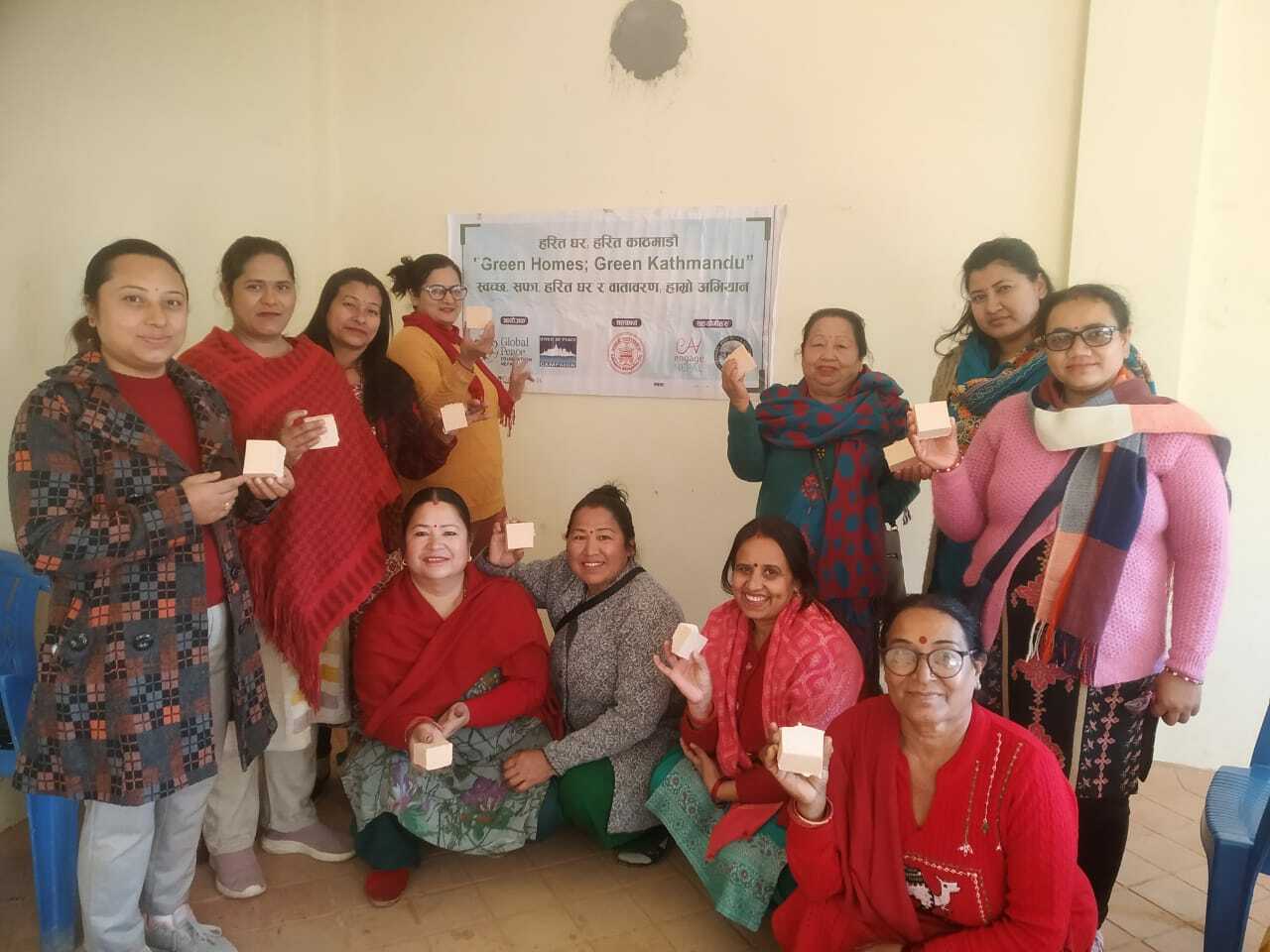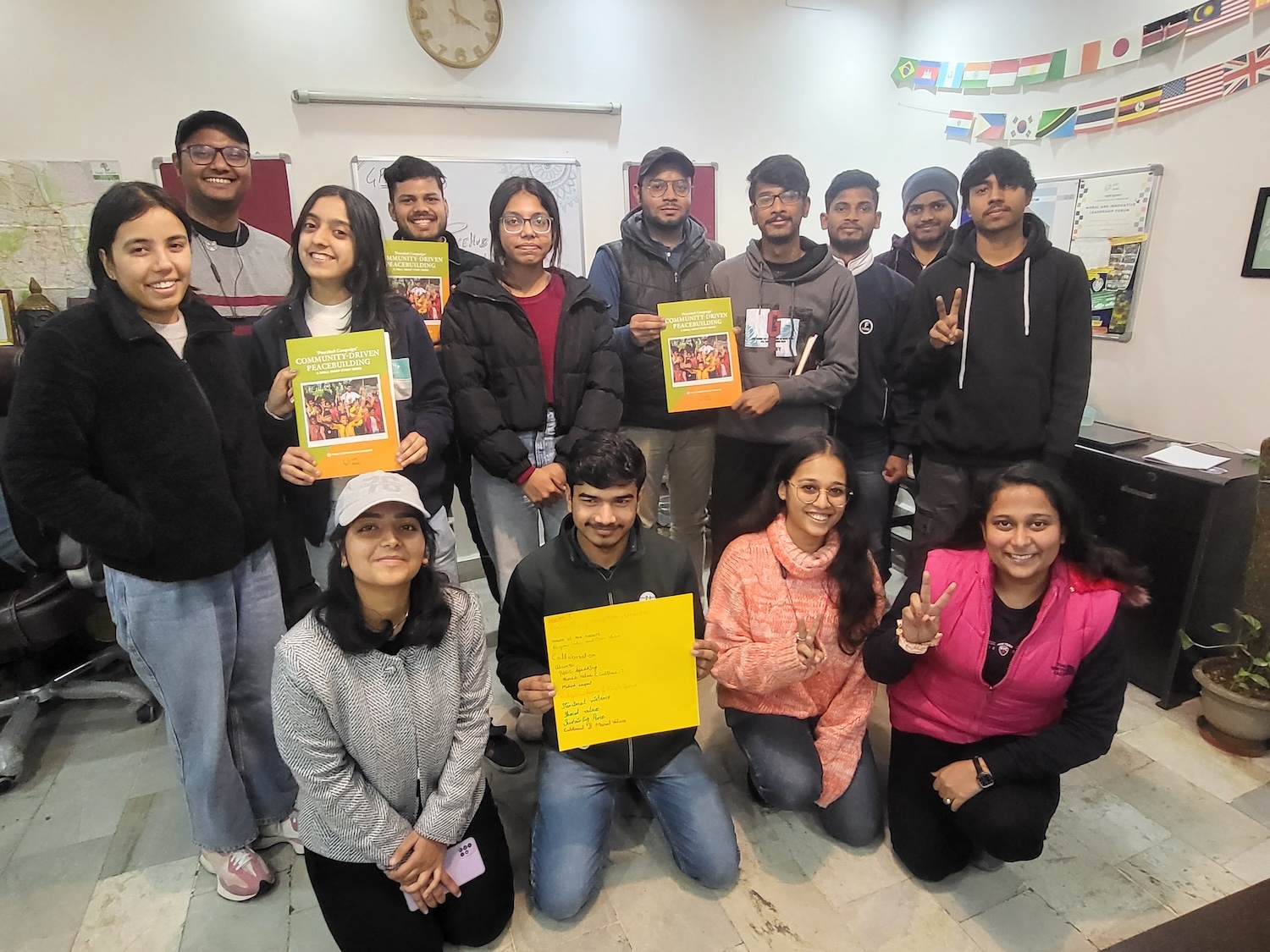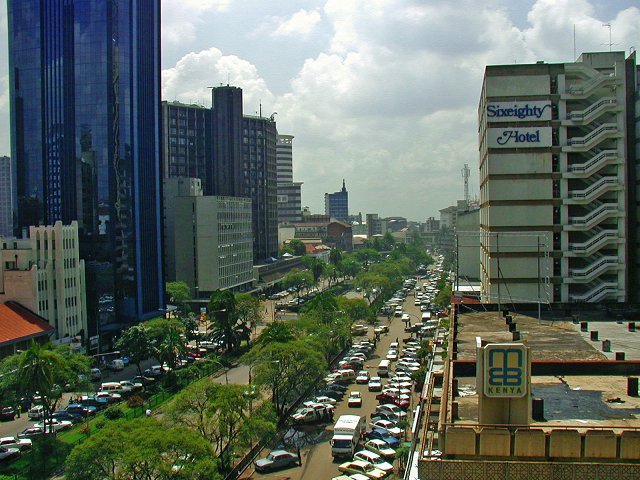
Modern Nairobi, the economic hub of East Africa.
Peace and stability are crucial preconditions for the economic development of any country, Kenya’s Minister of Trade, Hon. Amb. Chirau A. Mwakwere, told a forum on Peace through Trade and Investment hosted at the Global Peace Convention on November 20, 2010. The Global Peace Convention is the annual meeting of the Global Peace Foundation, founded by Dr. Hyun Jin Moon.The panel included business and political leaders from Kenya, Nepal, the Philippines, and the United States and met to investigate the potential contribution of the international business community in the peace process.
Forum moderator John Dickson, president of the World Trade and Development Group, opened the session by holding up that morning’s issue of The Standard newspaper and reading the headline reporting on the opening plenary of the Convention: “Peace and Stability a Recipe for Economic Growth.” Mr. Dickson stressed that “it is time that we recognize their critical role and invite the business community into the conversation on peace building.”
In a major policy address, Kenyan Trade Minister Mwakwere emphasized that free trade is a key factor in the promotion of peace. “Countries that have enjoyed relative peace have recorded high levels of social and economic development compared to countries with perennial conflicts and social upheavals,“ the minister said. “In order for a country to realize rapid pace of development, all sectors require not only a secure policy environment but also a peaceful, progressive and dynamic social and political environment.”
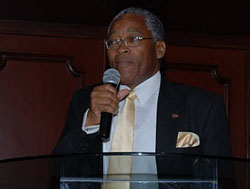
Minister of Trade Chirau A. Mwakwere
Mwakwere described the disruption to commerce that follows the outbreak of conflict, when the flight of foreign and domestic investment impacts local economies, causes spikes in unemployment, scarcity of goods and services, and sudden price hikes. The absence of peace, he said, erodes a country’s ability to adopt policies or develop institutions that permit long term economic growth.
The trade minister called on all stake holders—the business community, trade unions, religious organizations, the media, and academia—to work in collaboration to foster an environment for commerce to flourish. “Our education and training institutions have concentrated too much on imparting academic knowledge and have forgotten the importance of imparting basic human values and skills that our youth need to communicate, prevent conflicts through constructive engagement and dialogue and thereby contribute to peace and strengthen social cohesion,” Mwakwere said. “These changes of mindset will also help to create a conducive environment for trade to thrive.”
“Free trade can till the soil for democracy and respect for human rights by creating an economically independent people.”
Kenya has enjoyed relative peace since its independence from Great Britain in 1963. Violence flared following the 2007 presidential elections, but through a power-sharing coalition government and the recent adoption of a new Constitution in an August 2010 national referendum, the nation of 50 million has re-established itself as a stable democracy. The economy grew at a rate of 5 percent in 2010 and is projected to grow at a rate of 6 percent in 2011 according to Bloomberg estimates.
Free trade fosters peace, cross-cultural understanding
Mwakwere told the forum that free trade can be an important tool of foreign policy, nowhere more so than in the conflict-prone regions. He said that people should be free to engage in peaceful and mutually beneficial commerce across international borders without government dictating how they should spend and invest their hard-earned money.
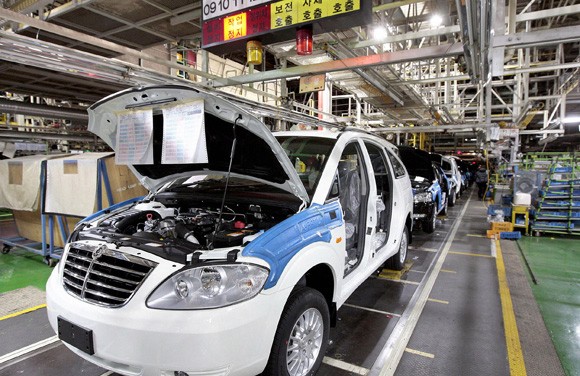
A South Korean auto manufacturing plant. Domestic peace and progressive government policies have spurred international investment and enabled the war-ravaged country to emerge as a leading industrial nation in the twenty-first century.
“Free trade is not panacea, he told the panel, “but it is a necessary building block for a more peaceful and prosperous world. Free trade has helped to reduce poverty in those countries and regions of the world that have progressively opened themselves to the global economy. Free trade can till the soil for democracy and respect for human rights by creating an economically independent people.
“There are several linkages between trade, investment and world peace,” he said. Countries that are interested in benefiting from international trade and commerce necessarily need to create friendly relations with other states. Countries that are open to trade and global commerce, he said, “are more likely to be working democracies that respect human rights. Across the globe, free markets and trade have helped defeat poverty, and taught men and women the habits of liberty.”
The trade minister noted that economic interactions between different states also engender interest in foreign cultures among the general public. Traveling abroad creates an appreciation of other cultures and contributes to better understanding of other cultures. As a consequence, the minister said, economic interactions “strengthen the political connections that promote world cooperation.”
“Free trade favours the free circulation of ideas within a state and with the outside world in order to enhance the required intellectual capacity to achieve commercial success. The common feature of all those characteristics is that free trade favours the propagation of liberty. The propagation of democracy tends to encourage the resolution of conflicts through diplomatic ways rather than through war and, thus, reduces potential menace to global security.”
In addition to Trade Minister Mwakwere, the distinguished panel at the forum included Dr. Manu Chandaria, CEO of Comcraft Group and founder of the East Africa Business Council; Hon. Jose DeVenecia, former speaker of the Parliament of the Philippines; Kush Kumar Joshi, president of the Federation of Nepalese Chambers of Commerce and Industry; Hon. Emanuel Jones, Georgia state senator and business leader; Toshiharu Fukai, president of SoSei Water; Chris Kirubi, Chairman of International House Kenya; and Mkawasi Mcharo Hall, president of Kenyan Community Abroad. Each discussed their unique perspective on the role of investment and economic development in the promotion of peace. Among the practical and conceptual recommendations was the establishment of a Global Peace Business Council.

